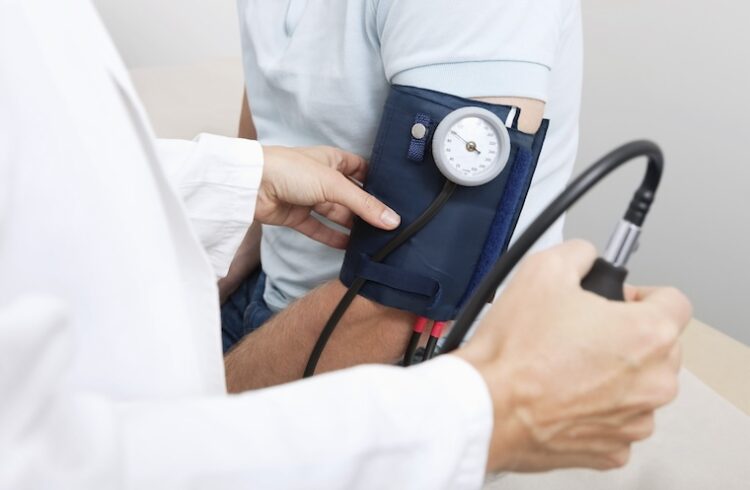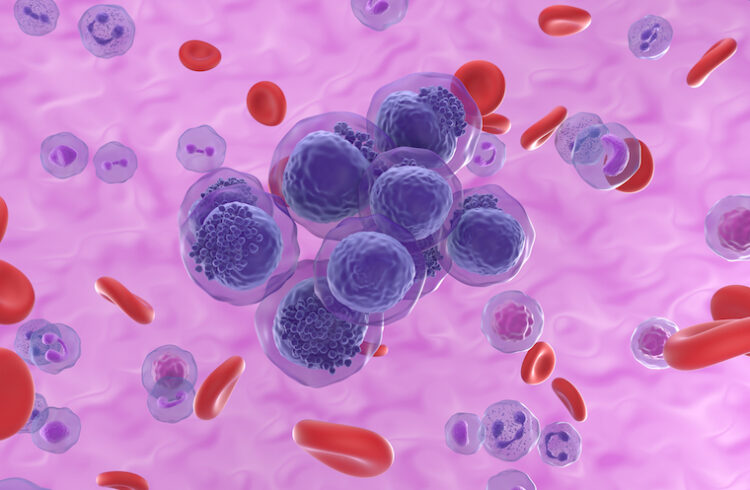
University of Virginia Health System is one of just 78 U.S. hospitals to receive an American College of Cardiology award for consistently meeting performance standards in treating heart attack patients.
This is the second consecutive year UVA has earned the NCDR ACTION Registry – GWTG Gold Performance Achievement Award for its care of patients suffering a severe heart attack called a ST-Elevation Myocardial Infarction (STEMI).
Over two consecutive years, UVA consistently met evidence-based performance measures developed by the American College of Cardiology and the American Heart Association to improve outcomes for STEMI patients. The measures include:
Opening the blocked coronary artery in STEMI patients within 90 minutes of initial contact with emergency medical responders. Providing aspirin to STEMI patients within 24 hours of arrival at the hospital. Prescribing beta blockers, aspirin and cholesterol-lowering medications when releasing STEMI patients from the hospital. Measuring heart function of STEMI patients before they are released from the hospital. Providing STEMI patients who smoke with counseling on how to quit smoking before they are released from the hospital.
The key to providing the best care for STEMI patients, according to heart attack specialists at UVA, is a coordinated effort among several groups: Central Virginia rescue squads, UVA’s Emergency Department , UVA’s Cardiology team and the Cardiac Catheterization Lab at UVA Heart & Vascular Center . To optimize care, UVA has developed a STEMI alert process that brings together an on-call STEMI team from across the Health System within 30 minutes to care for patients. Patients can also play an important role by calling 911.
“If we hear from a local rescue squad that they are transporting a possible STEMI patient, we can activate the system even before they hit the door and assemble our team before the patient arrives,” said David R. Burt, MD, director of UVA’s Chest Pain Center. “That’s why it is so important to call 911 if you believe you’re having a heart attack. Time is truly muscle.”



